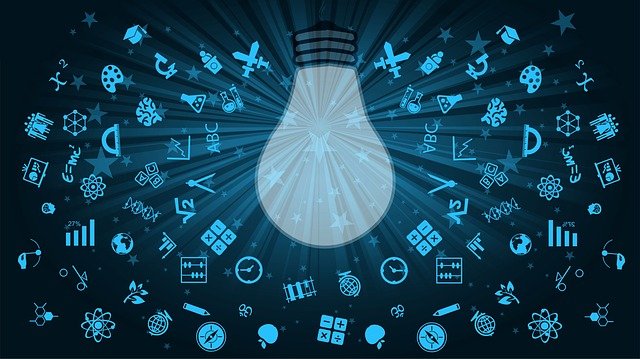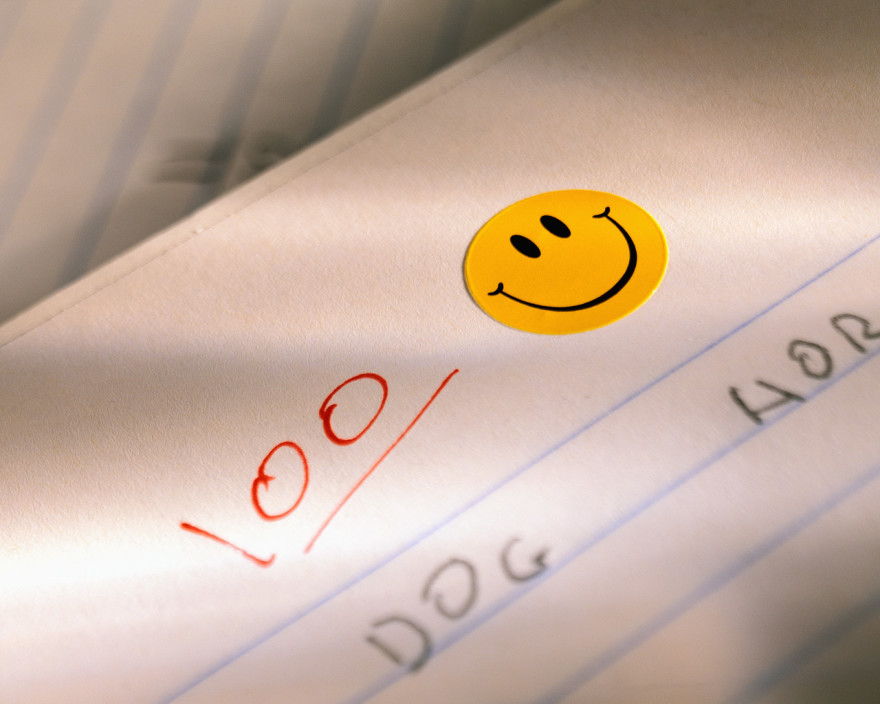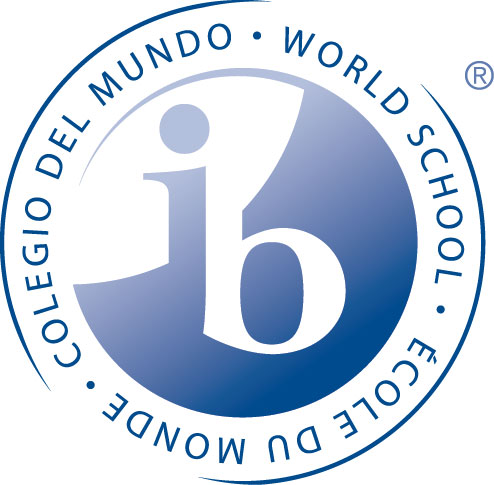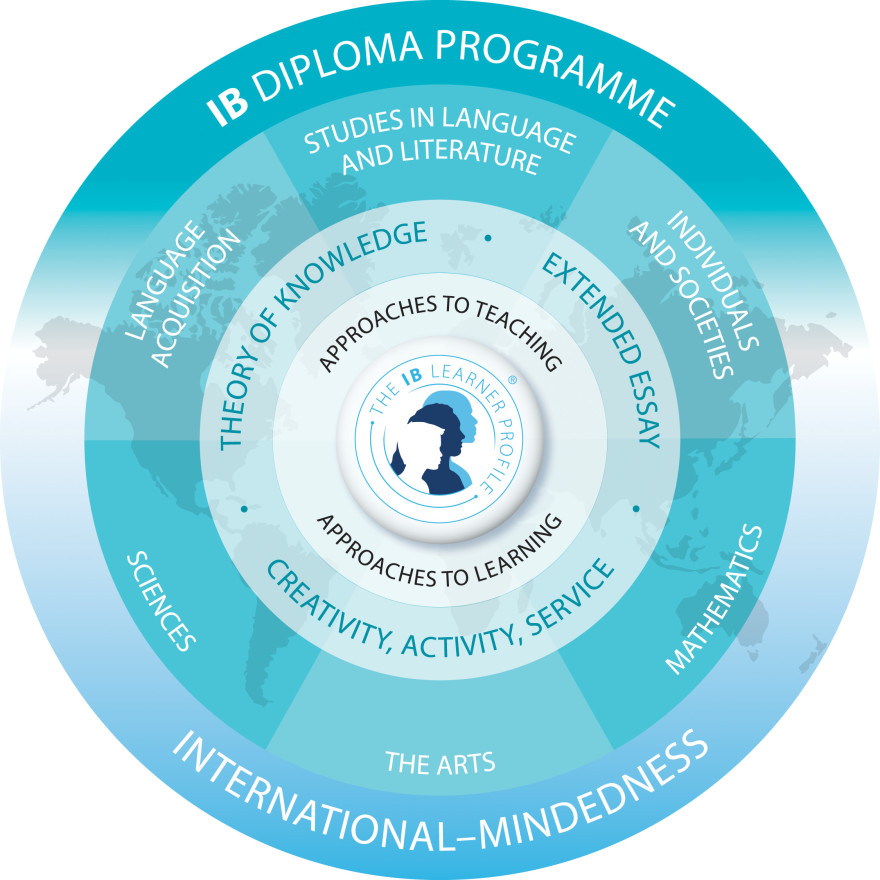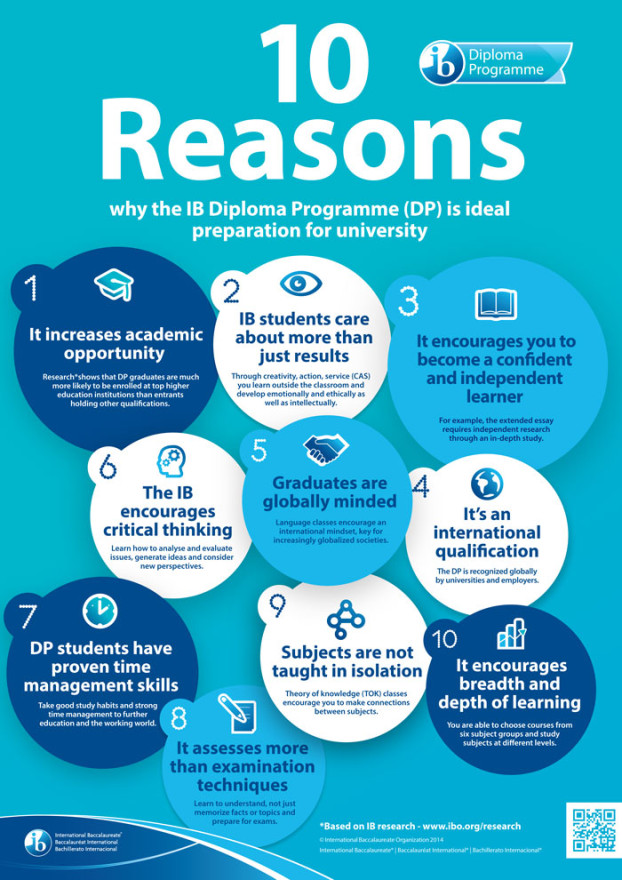Hello and welcome!
My name is Sean Dooley and I am the Diploma Programme coordinator for the International High School of Wroclaw, which is a certified IB World School. I’m very excited about helping our students to learn in the challenging and unique IB Diploma Programme that will prepare our students for success at university and beyond.
The Diploma Programme (DP) is a two-year course of study consisting of six subject groups: literature, foreign languages, social sciences, experimental sciences, mathematics and the arts. Students choose a subject from groups 1-5 and may choose either an arts subject or another subject from groups 2-4. Students choose three of these subjects to study in depth.
In addition to their subject choices, students are required to participate in the core. The core is what really makes the DP unique. Students engage in a piece of formal research that equips them with the skills of scholarship that are so essential to success at university. Theory of knowledge is a course in critical thinking, which ties the curriculum together as students study how knowledge gained across subjects. And through the Creativity, action, service (CAS) programme, students participate in experiential learning through creative and physical activities and service to others. Taken together, the core and the breadth and depth offered by the student’s subject choices make the DP a unique and effective educational path to creating principled, lifelong learners with the skills, passion and knowledge to understand and shape the world.
With the IB authorization, the International High School of Wroclaw and the Foundation of International Education’s primary and middle schools become the only educational institution in Lower Silesia to offer a continuum of all three IB programmes. It is the place where our national and international students, teachers and families come together for the first time, a place where students can study Korean, Polish or English literature; learn how to speak German, Spanish, French, English or Polish; experiment with biology, chemistry or physics; study history, geography and mathematics.
If you have any questions or need further information please feel free to contact me.
Sean Dooley
Diploma Programme Coordinator
International High School of Wroclaw


